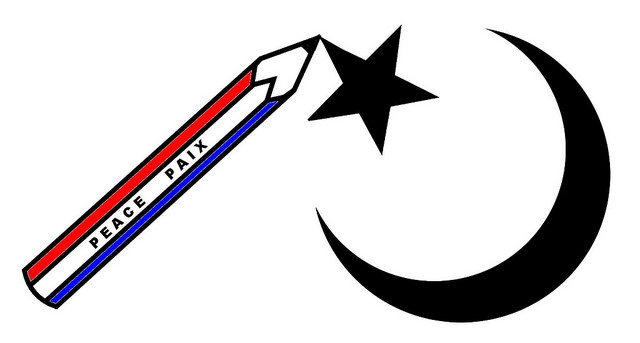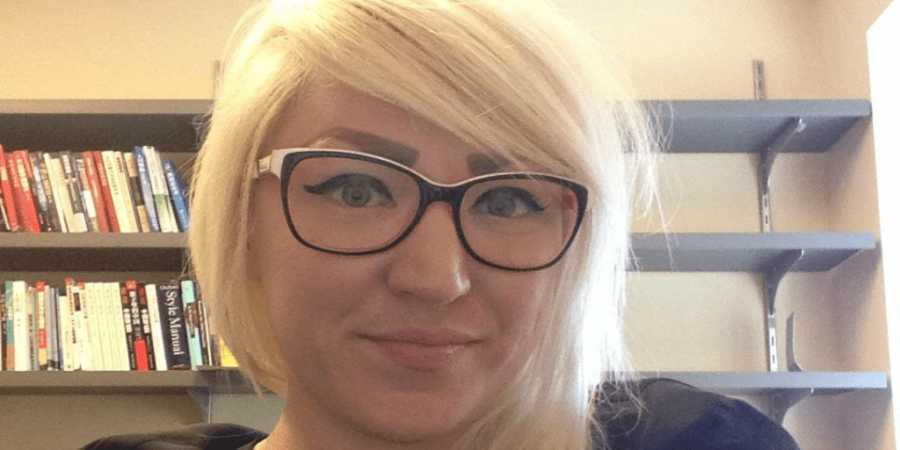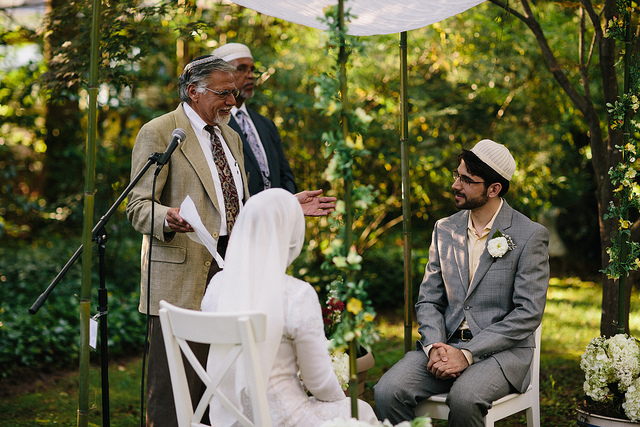“Darkness cannot drive out darkness; only light can do that. Hate cannot drive out hate; only love can do that.”
Reflecting on Dr. King’s words in the aftermath of the Charlie Hebdo attack throws them into sharp relief. If the French are to heal and do not want the terrorists to succeed in their aims, they should focus on showing unity and inclusivity towards their Muslim compatriots rather than mistakenly believe this is just about free speech.
Historically, events in France have had far-reaching consequences for the rest of the Continent, so much so that Austrian Prince Metternich famously remarked during the political revolutions of 1848, “When France sneezes, Europe catches a cold.” Today, France remains relevant politically and culturally, as the Charlie Hebdo incident highlights. Amidst the growing anti-Muslim sentiment across Western Europe, it will play a key role in providing an example of how to successfully integrate a substantial Muslim population into broader society.
The backdrop of Charlie Hebdo and its satire is a tension in France, and more broadly in Western Europe, regarding cultural identity with growing resentment towards the large immigrant and Muslim populations. It is situated in a country with a tradition of secularism, where religion is barred from the public sphere, an approach rooted in the universalist tradition of French democracy and citizenship. France has the largest Muslim population, by percentage, among the EU member nations (7.5%), which consists primarily of immigrants from North Africa and their descendents. Unlike their American counterparts, European Muslims are geographically and ethnically clustered and generally less well off.
France has a complicated relationship with its Muslim population. Tension is rooted in decades of conflict over French rule in Algeria and the Algerian terrorists attacks in the 1990s. While the French, more than any other Europeans, hold more favorable views of Muslims and believe that Muslims want to adopt French customs and French Muslims themselves do not perceive a conflict between being a devout Muslim and living in a modern society, French Muslims continue to feel disenfranchised and isolated, face discrimination, and experience relatively high rates of unemployment. Growing frustration over socioeconomic inequality led to violent riots in 2005 and 2007.
Limitations on freedom of expression and religious liberty are linked to violence. When states begin to place legal restrictions on conscientious expression, it actually exacerbates public disorder and legitimizes violence. Such measures funnel power upwards, giving the state absolute power in defining the parameters of proper behavior. In a social response model, however, society is empowered to develop its own responses in the absence of government restrictions, countering bad speech with good speech. Instead of being forced by the government to “get along,” individuals and civil society organizations are able to organically develop a solution out of personal conviction. This creates a vibrant and strong civil society, which can exert social pressure against those who create denigrating speech.
Thus, while the satire and cartoons in Charlie Hebdo are protected under the legal right to freedom of expression, it does not mean that it is beyond social reproach. Critiquing its speech is part of a social discourse in which we as a society self-regulate behavior. The magazine is best known for publishing cartoons mocking religion and religious extremism, especially though not exclusively Islam, Islamic extremism, and the Prophet Mohammed. Novelist Saladin Ahmed pinpoints the problem with the magazine’s satire:
In a field dominated by privileged voices, it’s not enough to say “Mock everyone!” In an unequal world, satire that mocks everyone equally ends up serving the powerful. And in the context of brutal inequality, it is worth at least asking what preexisting injuries we are adding our insults to.
The belief that satire is a courageous art beholden to no one is intoxicating. But satire might be better served by an honest reckoning of whose voices we hear and don’t hear, of who we mock and who we don’t, and why.
The satire in Charlie Hebdo further silences the voices of marginalized populations, including Muslims, behind bigoted images. Muslims, and people of color, are consistently portrayed in its pages using stereotypes, furthering the idea that Muslims are violent and irrational. In the aftermath of the attack on Charlie Hebdo, several mosques across France were attacked and many were painted with racist graffiti. Far-right extremists took to Twitter with the hashtag #killallMuslims. Marine Le Pen, the leader of the National Front, and other far-right nationalists have labeled all Muslims as hostile to traditional European cultural and religious values. Across Europe, those on the far right argue that the economic problems on the Continent are direct result of Muslim immigrants who are taking away jobs and threatening Western Civilization.
As Homa Khaleeli correctly says, “Terrorism feeds itself by exploiting our society’s fears and fissures.” The terrorists benefit from the increased suspicion of Muslims, the increased Islamophobia that the far-right is fueling, and the resulting marginalization of ordinary European Muslims. Depicting the Charlie Hebdo attack as a ‘clash of civilizations’ in which Islam and Western society have mutually incompatible values feeds into the narrative of a divided world that terrorists project.
Many claimed that the appropriate response to counter the hatred by the terrorist attack was to reprint the Charlie Hebdo cartoons, since it was an attack on free speech. But the attack was about more than free speech. It’s not that the terrorists “win”, if we don’t reproduce the cartoons. They win when hatred of Islam spreads, when ordinary Muslims are Othered and suffer isolation in their own countries – this legitimizes their worldview.
More successful and appropriate responses are the viral social media hashtag #illridewithyou in Australia and the love-bombing of mosques in Sweden, in which people stood in solidarity with their fellow Muslim citizens. These grassroots responses from the public showed that these societies would not bow to terrorism, allow Islamophobia to spread, or retaliation against their fellow citizens who are Muslim to occur. They showed that in the face of hatred and divisiveness, they respond with unity and love.
Firdaus Arastu is an Assistant Editor at altMuslimah.
Photo Source: Sarah





